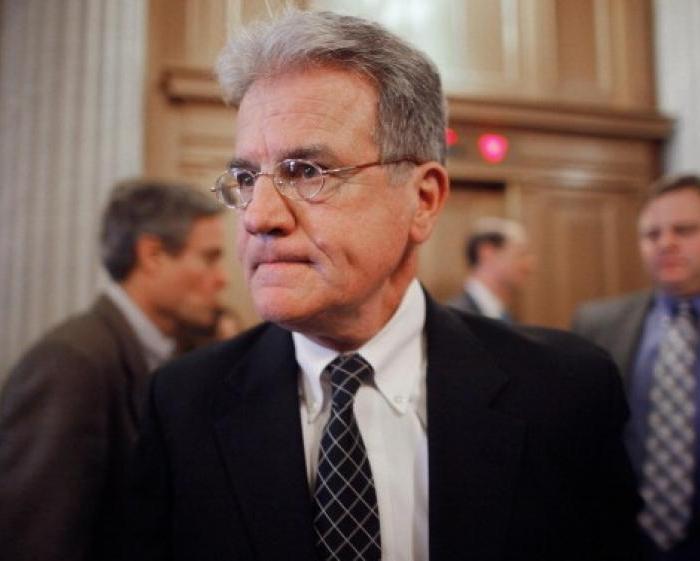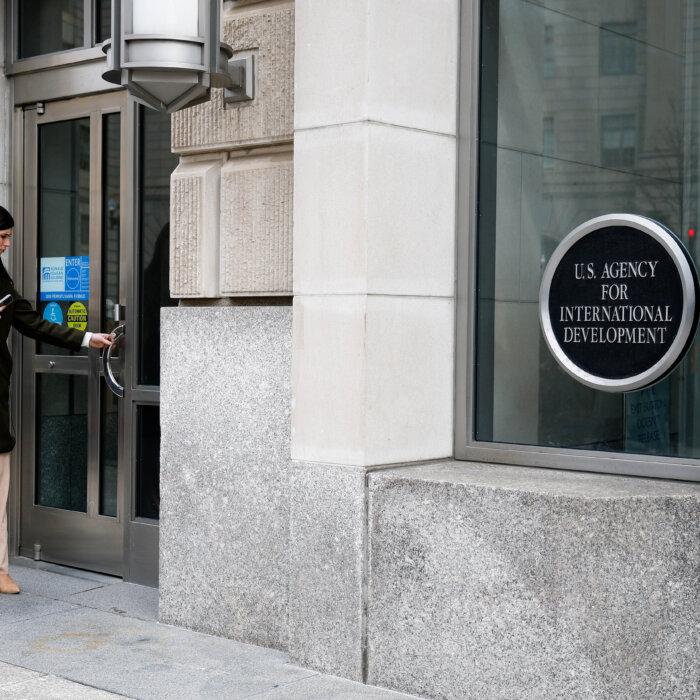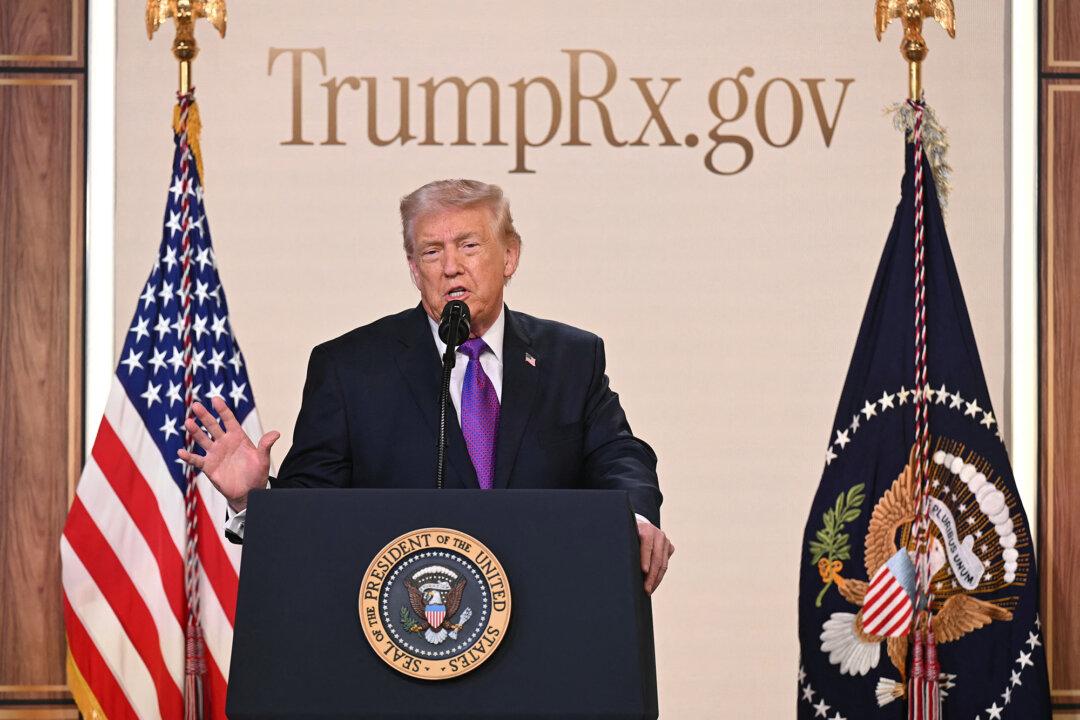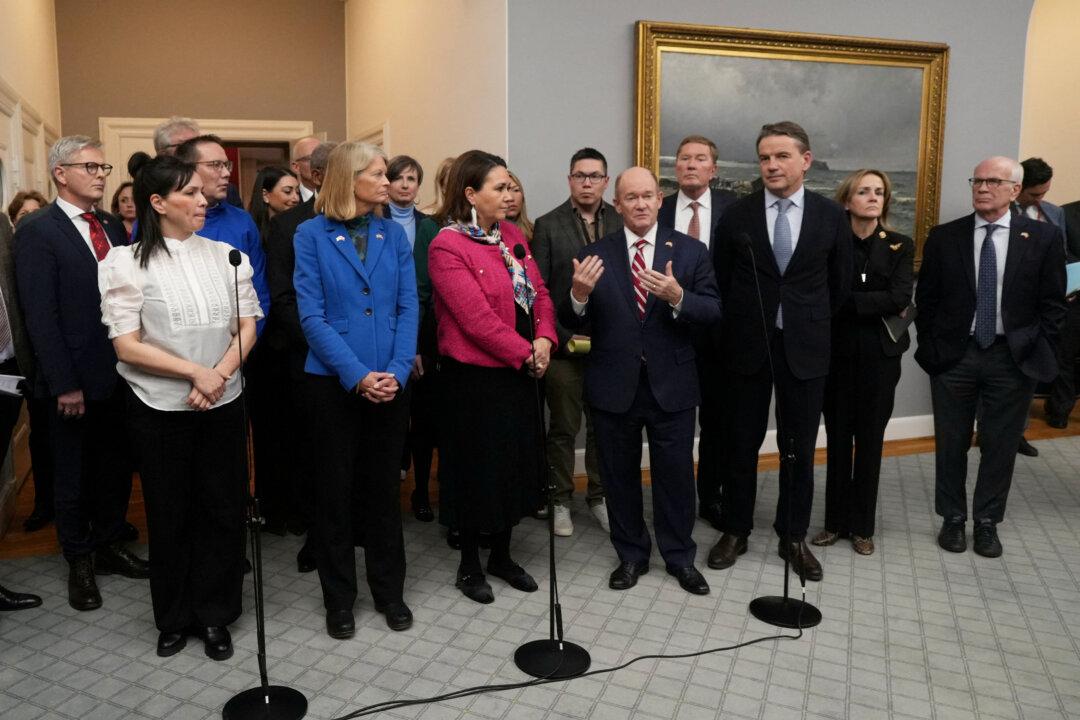The U.S. Agency for International Development (USAID) has been at the centre of controversy this week, with thousands of employees now being placed on leave.
As part of President Donald Trump’s broader plan to cut government waste with the help of Elon Musk and his Department of Government Efficiency (DOGE) initiative, this relatively obscure government office has been put on the chopping block over its $50 billion budget.
On Feb. 3, Trump decided to shut the organisation down and place all non-essential employees on “administrative leave globally,” effective as of midnight Feb. 7.
In the meantime, USAID is being merged into the State Department, which will be headed by Secretary of State Marco Rubio.
Rubio has deemed so far that only 294 USAID staffers out of 14,000 are necessary.
Democrats have been in outcry over this, with Sen. Chris Murphy (D-Conn.) calling it a “constitutional crisis.”
USAID was created by President John F. Kennedy in 1961 at the height of the Cold War, as part of the Foreign Assistance Act.
The legislation was meant to organise foreign aid programmes in developing countries to bolster the United States’ list of allies. It has been a crucial tool for U.S. foreign policy over the years.
It has been known for its rapid response to humanitarian crises as well as initiatives for combating diseases like malaria and tuberculosis, and controlling the spread of HIV/AIDS in more than 50 countries.
In 2023, USAID poured $10.5 billion into humanitarian aid and $10.5 billion into health programmes worldwide, according to the Congressional Research Service.
But over the years, it has also picked up some not-so-useful programmes.
Examples include $47,000 for a “transgender opera” in Colombia; $1.5 million to “advance diversity equity and inclusion in Serbia’s workplaces and business communities;” $2.5 million for electric vehicles in Vietnam; and $20 million for a “Sesame Street” TV show in Iraq.
The list also included hundreds of thousands of dollars for a non-profit linked to designated terrorist organisations; various programmes that inadvertently helped the Taliban; plus millions of dollars to organisations in Gaza, which is Hamas controlled.
On Feb. 5, White House press secretary Karoline Leavitt said the administration would be ceasing subscriptions to media companies like Politico, The New York Times, and Reuters, which had been paid through USAID accumulatively for years.
The media organisations mostly deny being part of beneficiary government programmes.
The United States’ debt currently sits at $36 trillion.






